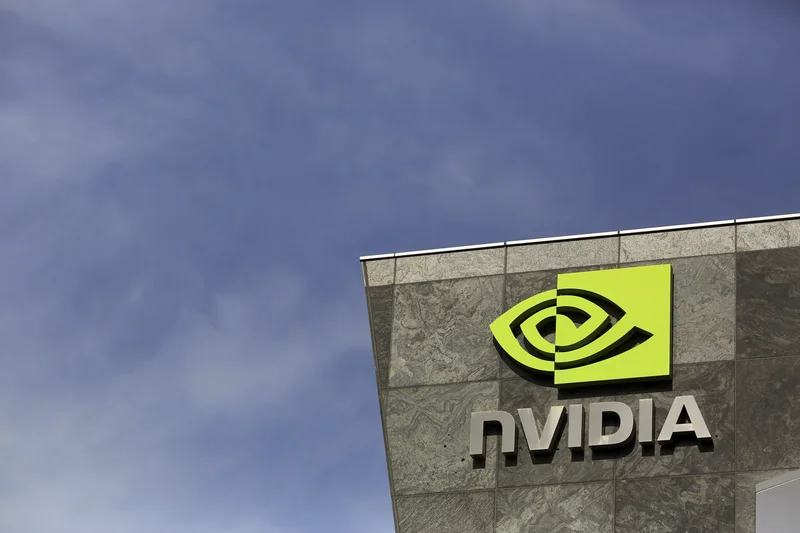Peter Thiel’s recent Q3 filing reveals a complete exit from Nvidia (NVDA), a move that's raising eyebrows across Wall Street. While the market cheers Nvidia's surge past a $1 trillion valuation – and briefly even a $5 trillion valuation, according to some sources – Thiel is heading for the exits. He sold off 537,742 shares, representing nearly 40% of his fund's portfolio, effectively slashing his equity holdings by almost two-thirds. This isn't a mere portfolio rebalancing; it's a statement. The question is: what's he seeing that others aren't?
Thiel isn't just some retail investor swayed by the latest hype. This is the guy who co-founded PayPal, saw the potential in Facebook early on, and built Palantir into a defense AI powerhouse. His firm, Thiel Macro LLC, held nearly $74.4 million in long U.S. stocks as of Q3, a sharp drop from $212 million in Q2. The Nvidia sale isn’t the only one either; he also dumped his entire stake in Vistra Energy.
What’s particularly jarring is the timing. Nvidia’s quarterly sales are booming, analysts are predicting the company could hit $1 trillion in annual sales by 2030, and the stock is seemingly untouchable. But Thiel's actions suggest he believes the AI hype has created an unsustainable bubble. He's previously warned about the disconnect between AI's perceived potential and its actual economic viability. But is it really that simple?
It's worth asking: how are these "annual sales" being modeled? What assumptions are being made about sustained growth rates, competition, and the overall economic climate? These models often rely on optimistic projections that fail to account for unforeseen circumstances. This is where Thiel's skepticism likely stems from.

Thiel also significantly reduced his Tesla (TSLA) holdings, while increasing his positions in Apple (AAPL) and Microsoft (MSFT). This suggests a shift towards established megacaps, perhaps a flight to safety amid growing market uncertainty. It's a calculated bet that the current AI frenzy is overblown and that traditional tech giants offer more stable long-term value.
And this is the part of the report that I find genuinely puzzling. Why Apple and Microsoft? Are these companies truly immune to the potential downturn Thiel anticipates? Or are they simply perceived as less vulnerable due to their diversified revenue streams and massive cash reserves?
The rationale behind Thiel’s sale wasn’t immediately clear, according to reports. But consider this: SoftBank also recently sold off its entire Nvidia stake. Michael Burry, known for predicting the 2008 financial crisis, has disclosed heavy short positions on Nvidia and Palantir. Are these just isolated incidents, or do they represent a growing consensus among sophisticated investors that the AI bubble is about to burst? Peter Thiel dumps top AI stock, stirring bubble fears
The market is still riding high on the expectation that Nvidia will deliver another blockbuster earnings report. But what happens if those expectations aren't met? What if the company's growth slows, or if competition intensifies? The resulting sell-off could be swift and brutal, especially given the stock's current valuation.